Long Story Shorts: What Are Hybrid Species? – Hakai Institute
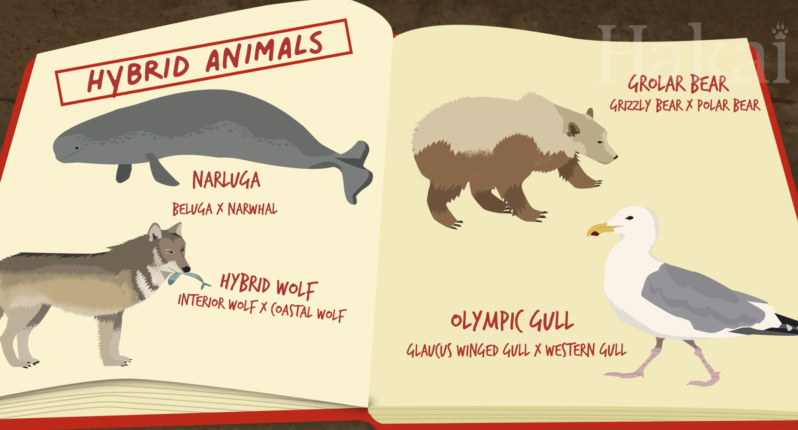
“While tales of centaurs, minotaurs, and other mythical hybrid animals have captured the human imagination for centuries, our planet harbors its own collection of extraordinary beings that blur the lines between species. Journey with us as we explore the wonderful world of real-life hybrid animals….”
Climate change is rewiring fish brains — and probably ours, too – Grist Magazine

Acidifying oceans are leading to sensory loss in fish. Scientists fear people might be next…
A climate Q&A with coastal geologist Gary Griggs – Pacifica Tribune
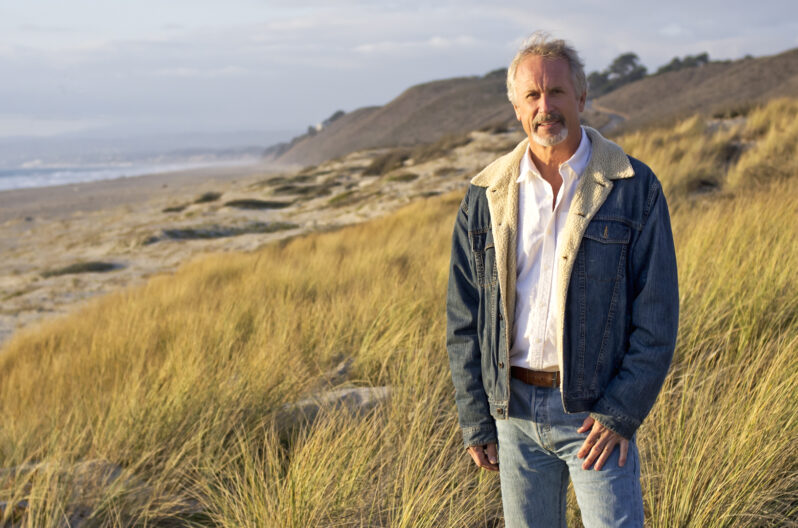
A startling rise in sea-surface temperatures suggests that we may not understand how fast the climate is changing…
Why Is the Sea So Hot? – the New Yorker

A startling rise in sea-surface temperatures suggests that we may not understand how fast the climate is changing…
Hurricanes are intensifying more rapidly – and the most vulnerable communities are hit hardest – the Guardian
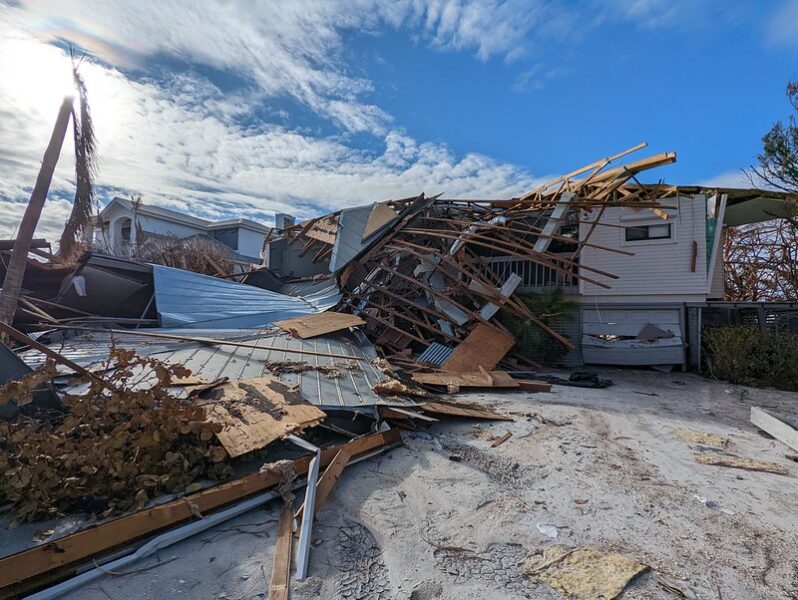
Hurricanes are more frequently escalating quickly, and the places they destroy may be those disadvantaged by racist housing policy…
The Oceans We Knew Are Already Gone – the Atlantic
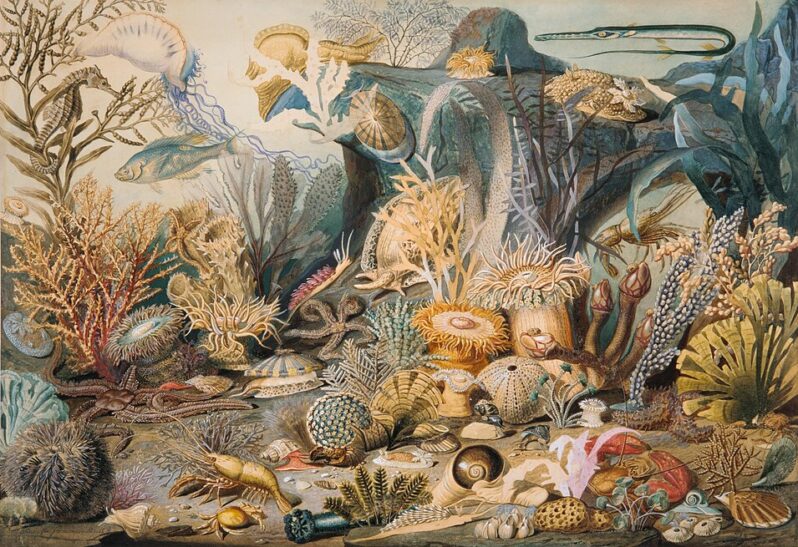
As far as humanity is concerned, the transformation of our seas is “effectively permanent.”
Ocean Wonders: Aging in the Abyss – Hakai Institute
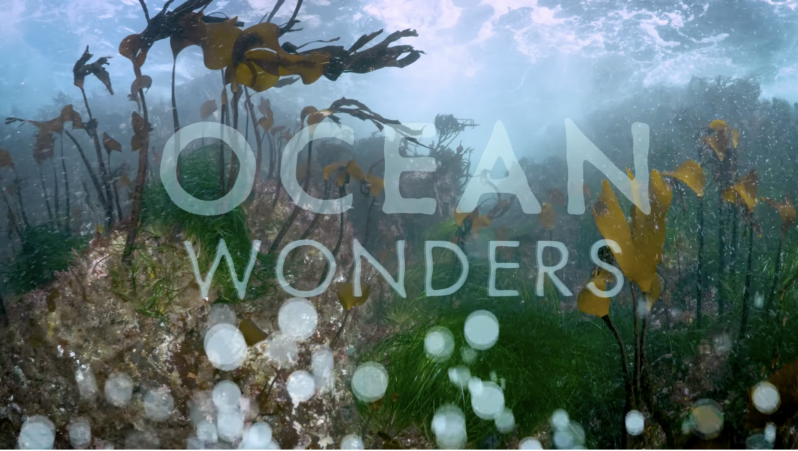
“Imagine what it might be like to get old living in the deep. From creatures that exist for just a matter of days to others that never quite die, animal aging in the deep blue is as wild as the sea itself. Join us as we take a look at what it’s like to grow old in the ocean…”
What happens to the ocean if we take out all the fish? – the Conversation
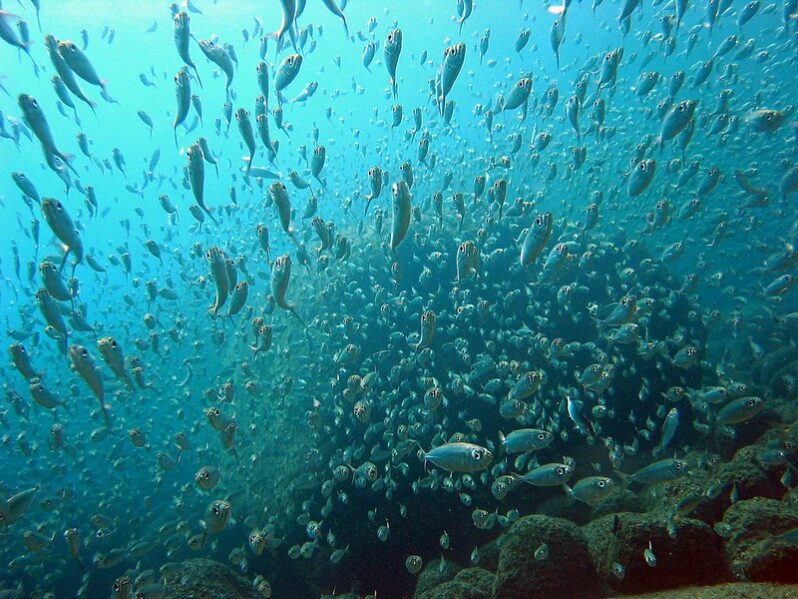
“What would happen to the ocean if we took out all the fish?” – Reny, age 12
Scientists warn that a crucial ocean current could collapse, altering global weather – the Los Angeles Times
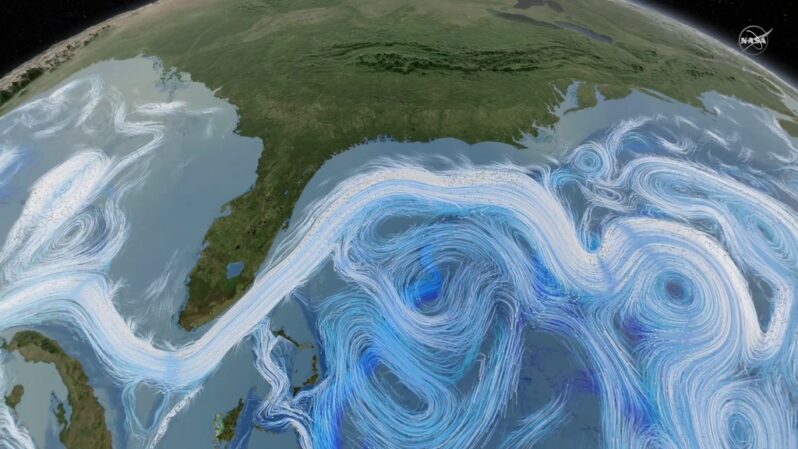
Scientists warn that a crucial ocean current could collapse, altering global weather…The Atlantic Meridional Overturning Circulation, or AMOC, is a system of ocean currents that circulate water in the Atlantic Ocean like a conveyor belt, helping to redistribute heat and regulate global and regional climates. New research, however, warns that the AMOC is weakening under a warming climate, and could potentially suffer a dangerous and abrupt collapse with worldwide consequences…
